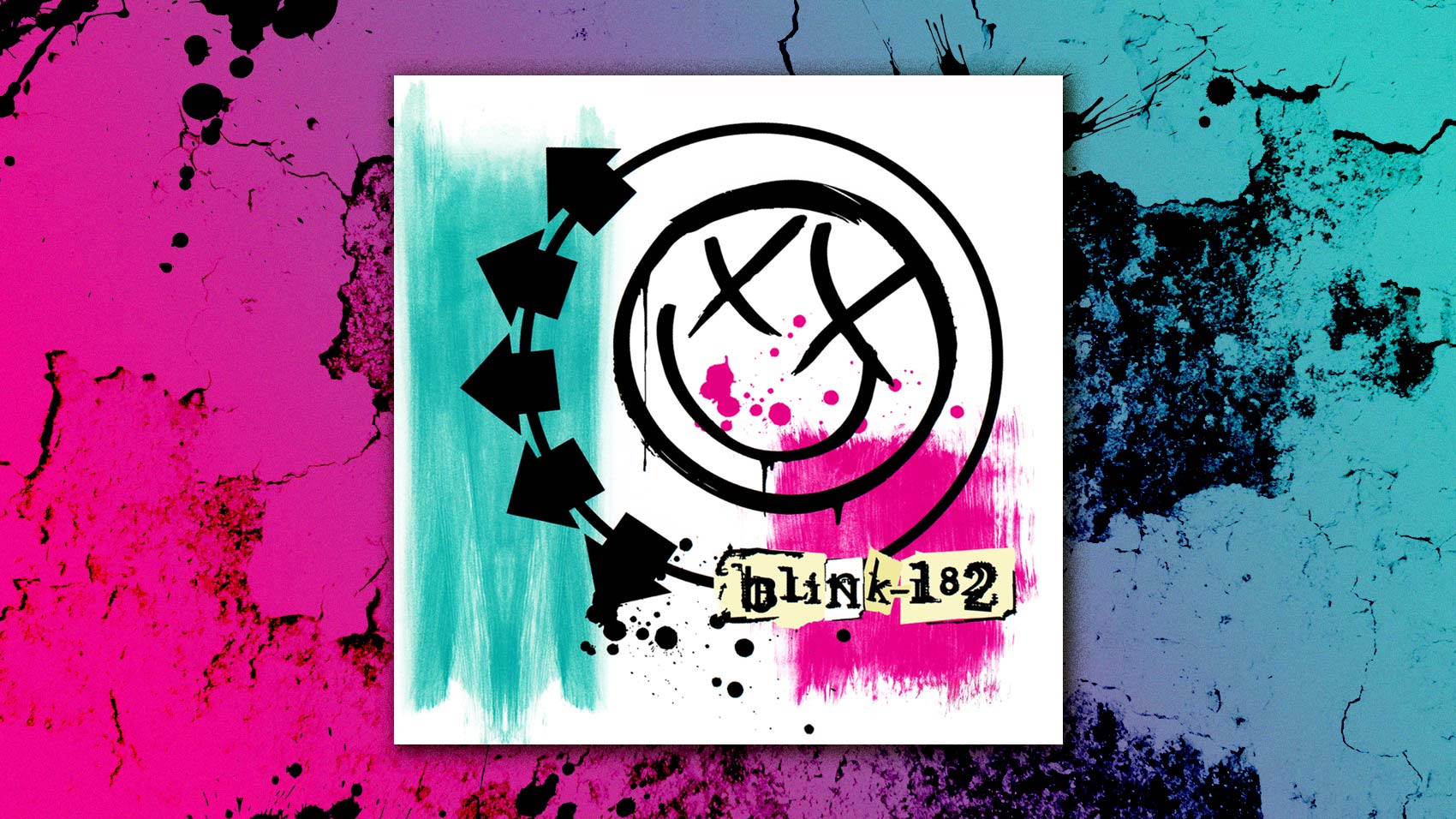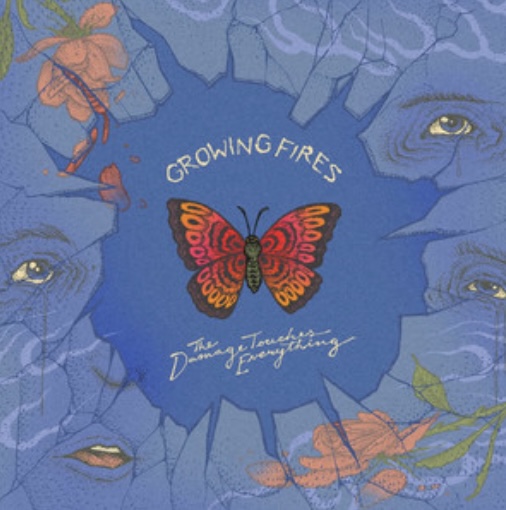Almost every band or musician runs into a seemingly inevitable identity crisis at some point in their career. It is, of course, the cost of high art – constantly utilizing your mind and body to create (whether music or any other form of art or content creation) can tax all of the above. And sometimes that cost is a heavy one. For Blink-182 in 2003, that was definitely the case.
While there were few bands in the realm of pop-punk who could claim they were bigger just after the new millennium started, the burden they bore was almost uniquely heavy as well. After all, it had only been a few years since Blink-182 had reached arena-level status, and with the members having various side projects (Box Car Racer, Transplants), what would prove to be the last Blink-182 album for many years was really quite the process to even record.
As the 76ers once said, though, trust the process.
Generally speaking, deciding to self-title your album means that you’re seeking to deliver your identity within it. There are few statements of intent greater than this. And on their 2003 self-titled album, Blink-182 clearly understood the assignment – while their sense of maturity naturally blended in with the songwriting process, they also took far more chances with that songwriting than ever before. No Blink-182 album prior could have ever contemplated having The Cure’s Robert Smith on a song, for example.
The lengthy album doesn’t exactly hint at that evolution upon first listen, though. But perhaps Blink-182 were smart to structure the record like they did, with the catchy “Feeling This” as its opener. A song that touches on youthful lust and also passion, it was also featured prominently on the Madden 2004 soundtrack – so chances are this probably conjures up memories of throwing 50+ yard touchdown passes with Tom Brady or using a top Steelers defense to stuff the opposition’s run game. Good times! Anyway, though, all bets are off as soon as it segues into album standout “Obvious”. It’s a track where you really start to hear the kinds of influences that inspired the new direction they traveled in here. Specifically, some of the post-hardcore influences that seeped into the only Box Car Racer record. And it definitely doesn’t stop here, either. You’ll probably shed a tear during the heartfelt pleas on “Always”, and the melodic refrains and energy of “Easy Target” will no doubt teleport you straight back to a time and place you’re nostalgic for.
There was something truly special about this album. It was that moment when you knew you were listening to a true work of art that would influence many current pop-punk bands’ future material, or at least foreshadow it. New Found Glory’s Coming Home, Relient K’s Four Score and Seven Years Ago, and Jimmy Eat World’s Futures albums are certainly 3 prominent ones that came later. But for a moment, Blink-182 fans were treated to an album that, for most, would not soon fall by the wayside. No longer deserving of being called formulaic, Blink-182’s self-titled album stands tall as one of the best (if not possibly THE best) example of what happens when pop-punk grows up.




